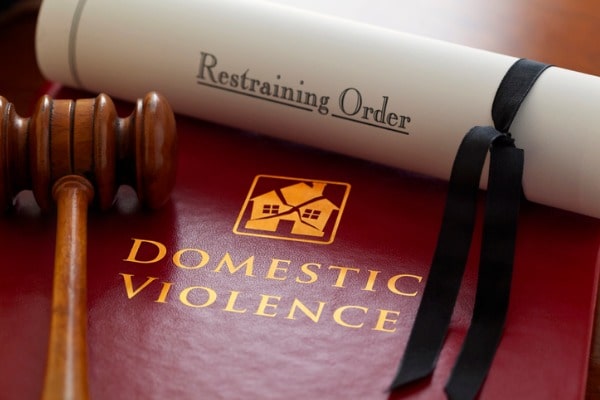
In State v. Morales Sanchez, the WA Court of Appeals reversed a defendant’s conviction of Felony Violation of a No-Contact Order. In short, the Court reasoned that for an act to constitute a willful violation of a court order restricting contact, the restrained party must know of the specific provision of the Order that her or his act violates. Therefore, to prove the mens rea of a willful violation, the State must prove the defendant knew of the specific provision of the Order that his or her act violates. To argue otherwise misstates the law.
FACTUAL BACKGROUND
The alleged victim Ms. Mejia procured a no-contact order prohibiting Mr. Morales Sanchez from contacting her. The State charged Morales Sanchez with two counts of violation of a court order— domestic violence. The case went to a jury. Ms. Mejia testified at trial as to the alleged violations. According to her, she was home with her children when she heard knocking on her bedroom window. She saw Morales Sanchez outside under a tree and called the police. Ms. Mejia also testified that, about a week later, she received text messages from the defendant.
In closing arguments, the State Deputy Prosecutng Attorney (DPA) made multiple comments as to the knowledge requirement of violation of a no-contact order. First, it told the jury, “This element does not say the Defendant knew of the provisions of this order and knowingly violated this order. The knowing part refers solely to the violation.” The DPA also said the following:
“And, again, I want to emphasize this, because out of everything I’m going to say, this is one of the most important things for you to remember. This element does not say [Morales Sanchez] knew of the provisions of this order and knowingly violated a provision of this order. What I have to prove to you is that [Morales Sanchez] knowingly violated a provision of this order. There is a big difference.” ~State DPA at Closing Argument
Additionally, the State DPA showed the jury PowerPoint slides consistent with this notion. Morales Sanchez was convicted by the jury as charged. He appealed on arguments that the DPA misstated the law by inaccurately explaining the “knowledge” element of the charge.
COURT’S ANALYSIS & CONCLUSIONS
The Court of Appeals (COA) began by saying the crime of willful violation of a court order has three essential elements: (1) the willful contact with another; (2) that a valid no-contact order prohibits such contact; and (3) defendant’s knowledge of the no-contact order.
“Willfulness requires a purposeful act,” stated the COA. Inadvertent or accidental contact is not enough. It reasoned that not only must the defendant know of the no-contact order; they must also have intended the contact. Proof that a person acted knowingly is proof that they acted willfully. Furthermore, a defendant cannot be prosecuted unless they know of the existence of the order.
Here, the COA held that the State DPA made an improper remark that merits reversal of the conviction. Here, the DPA explained the law as requiring that Morales Sanchez knew of the order and knew that and knowingly violated a provision of that order. The COA believed the DPA statement was inaccurate:
“We hold that this is a misstatement of the law because it fails to fully explain what a knowing violation includes and instead misleads the jury into thinking the State had to only prove Morales Sanchez knew generally of the existence of an order. Rather, the State is required to prove that Morales Sanchez knew what he was doing and that he knew his conduct was a violation of the order. This remark by the prosecutor fails to appreciate the distinction.”
Without properly explaining this distinction to the jury, the State was relieved of its burden of proof to establish Morales Sanchez’s knowledge of the no-contact order and Morales Sanchez’s knowledge that his willful contact with Rivera Mejia violated the no-contact order. This is a misstatement of the applicable law, and was therefore improper.” ~WA Court of Appeals
In addition, the DPA’s aruments blurs the State’s burden of proof. Here, the DPA failed to convey that the State must prove that Morales Sanchez must have known of the no-contact order, intended the contact, and knew that the contact was a violation of the order.
“We hold that the State committed prosecutorial misconduct because it misstated the elements it was required to prove and thereby relieved itself of the burden of proof before the jury. This had a substantial likelihood of affecting the jury’s verdict. Accordingly, reversal is required.” ~WA Court of Appeals
Please contact my office if you, a friend or family member are charged with a crime. Hiring an effective and competent defense attorney is the first and best step toward justice.






